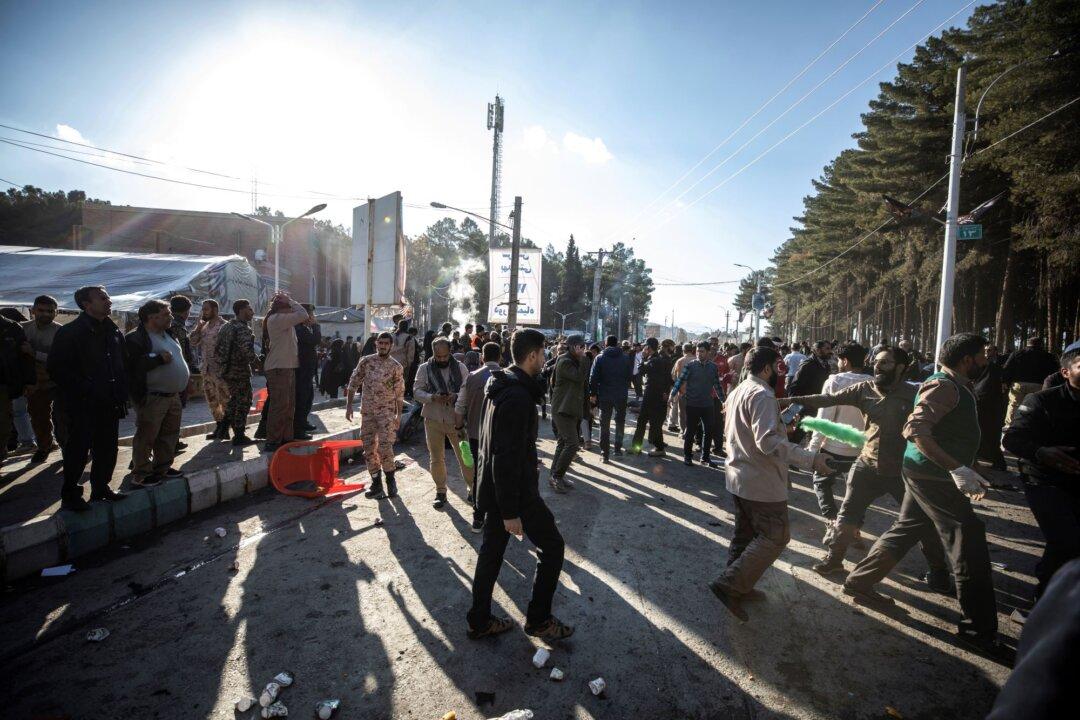Iranian authorities have detained 32 people in connection with a deadly twin bombing that left scores dead in Iran’s southeastern city of Kerman last week, a local judicial official has said.
“Thirty-two people have been arrested in connection with the Kerman crime case and are now under interrogation,” Mehdi Bakhshi, Kerman’s chief prosecutor, was quoted as saying by Iran’s Fars news agency on Jan. 7.





